Lyndon Neri on why ‘reflective nostalgia' is a guiding principle for Neri & Hu
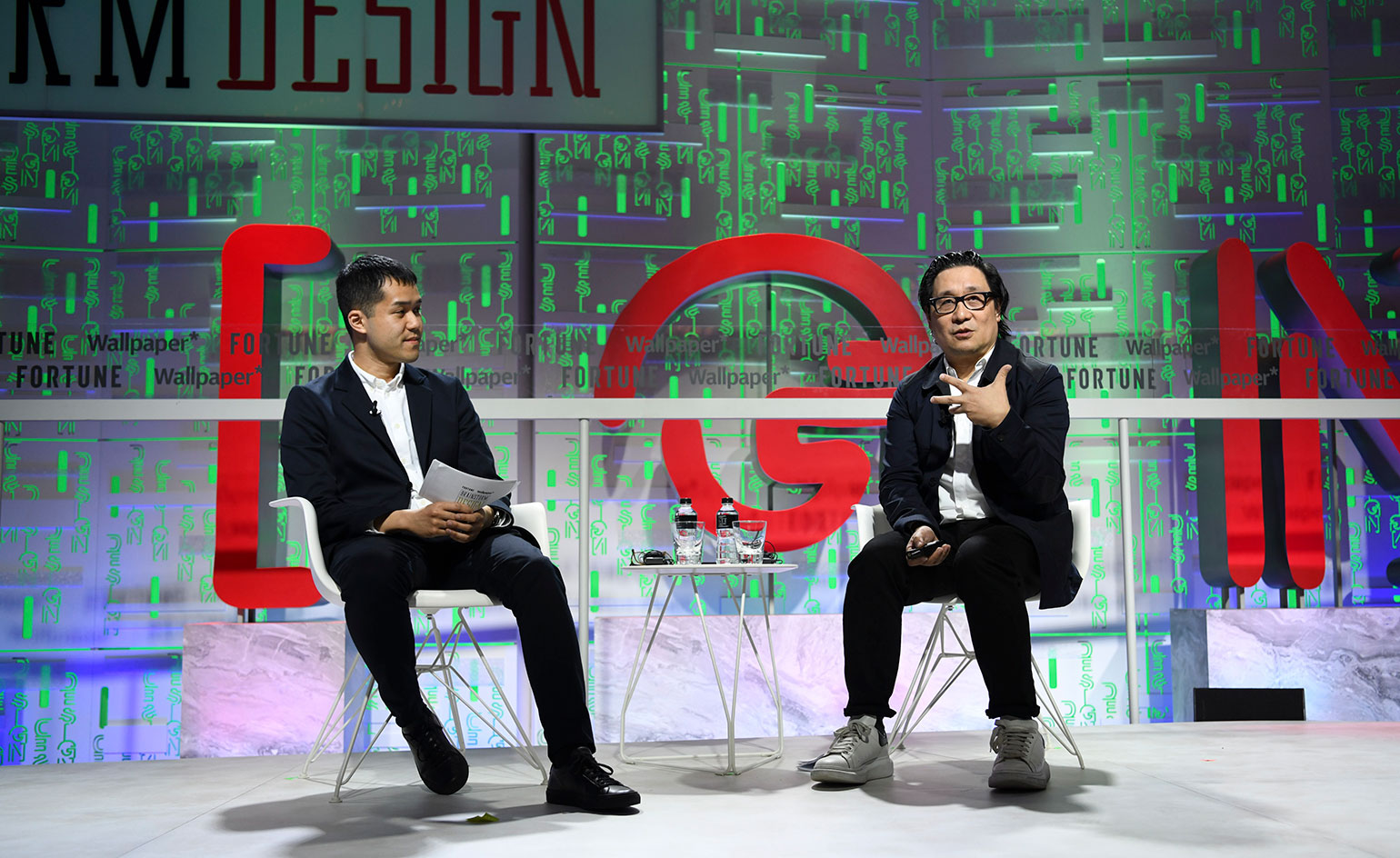
Too often we look to the future without thinking about the past, says architect and designer Lyndon Neri, as he addressed our annual Brainstorm Design conference in Singapore this Thursday.
A founding partner (alongside Rossana Hu) of Shanghai-based Neri & Hu Design and Research Office, Neri joined us to explain ‘reflective nostalgia’, a concept first articulated by the Harvard philosopher Svetlana Boym and since adopted by his practice as a guiding principle.
As a measure of the frenetic pace by which China has developed, Neri points out that 60 per cent of its population will be living in urban areas by next year. The flip side of this is the decline of rural areas, not only in terms of the number of villages (there are 300 lost per day), but also a loss of inherited wisdom, time-honed craft, and the sense of clan and community.
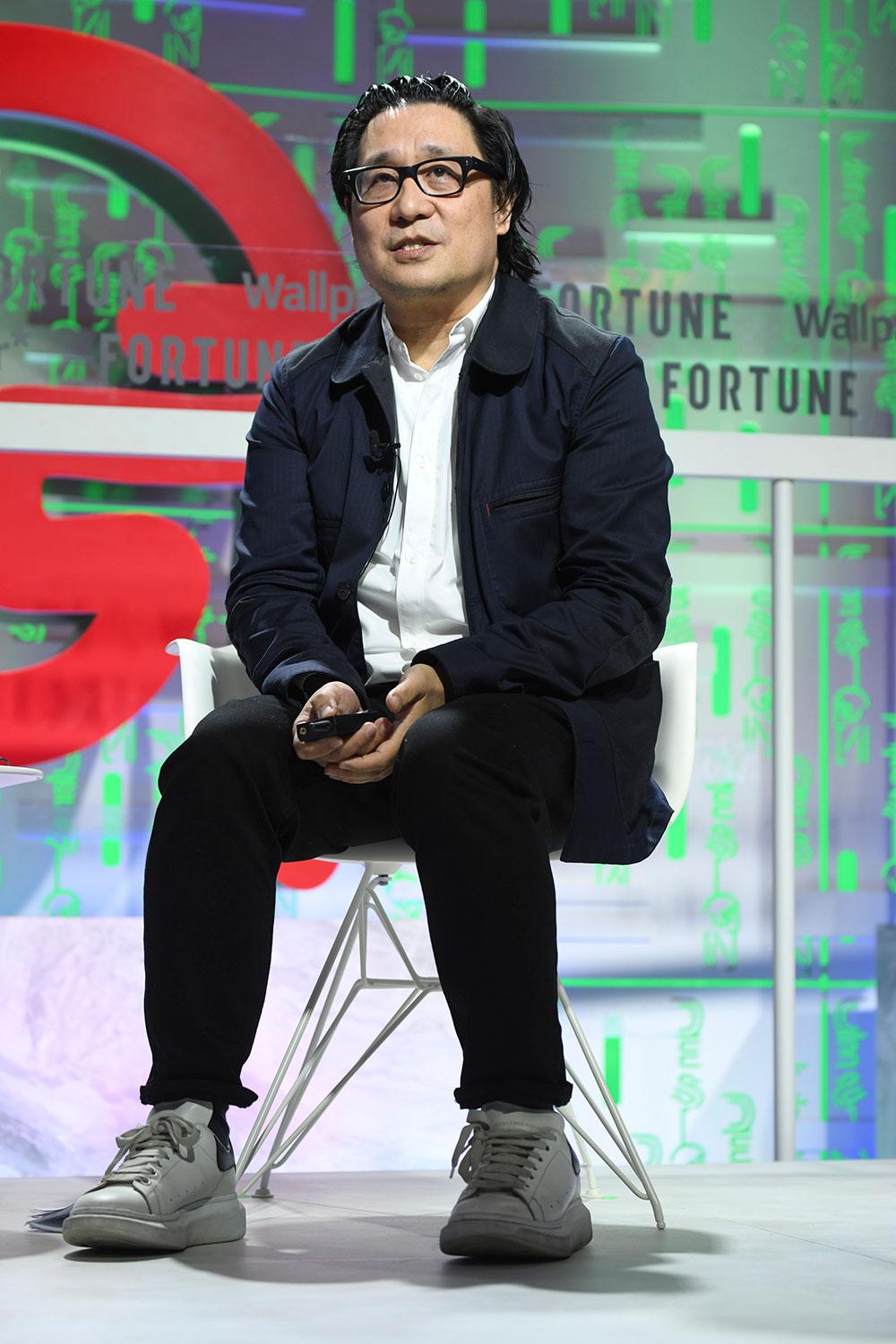
Lyndon Neri speaking at Brainstorm Design 2019.
‘These conditions are obviously exacerbated in China, but every country around the world has to deal with them,’ he laments.
Neri proceeds to introduce two projects that demonstrate Neri & Hu’s efforts to reconcile the future with the past – firstly The Waterhouse at South Bund (2010), a 19-room boutique hotel converted from a 1930s Japanese army HQ building (the original concrete structure had three storeys, which were largely kept intact, Neri & Hu added a fourth in Corten steel).
‘The idea of Gesamtkunstwerk is nothing new – but for us it’s also a matter of survival.’ – Lyndon Neri
Showing an image of the lobby, with bare concrete walls that evoke Shanghai’s nongtang lanes, Neri recalls that his design approach was initially unpopular. His own mother had queried whether the project was complete (and when he answered in the affirmative, she proceeded to ask whether the client had paid in full). The practice soon lost two major projects, and was questioned by the government for two years. ‘But in the third year, they put it on the cover of Shanghai Tourism to attract people to come,’ he says.
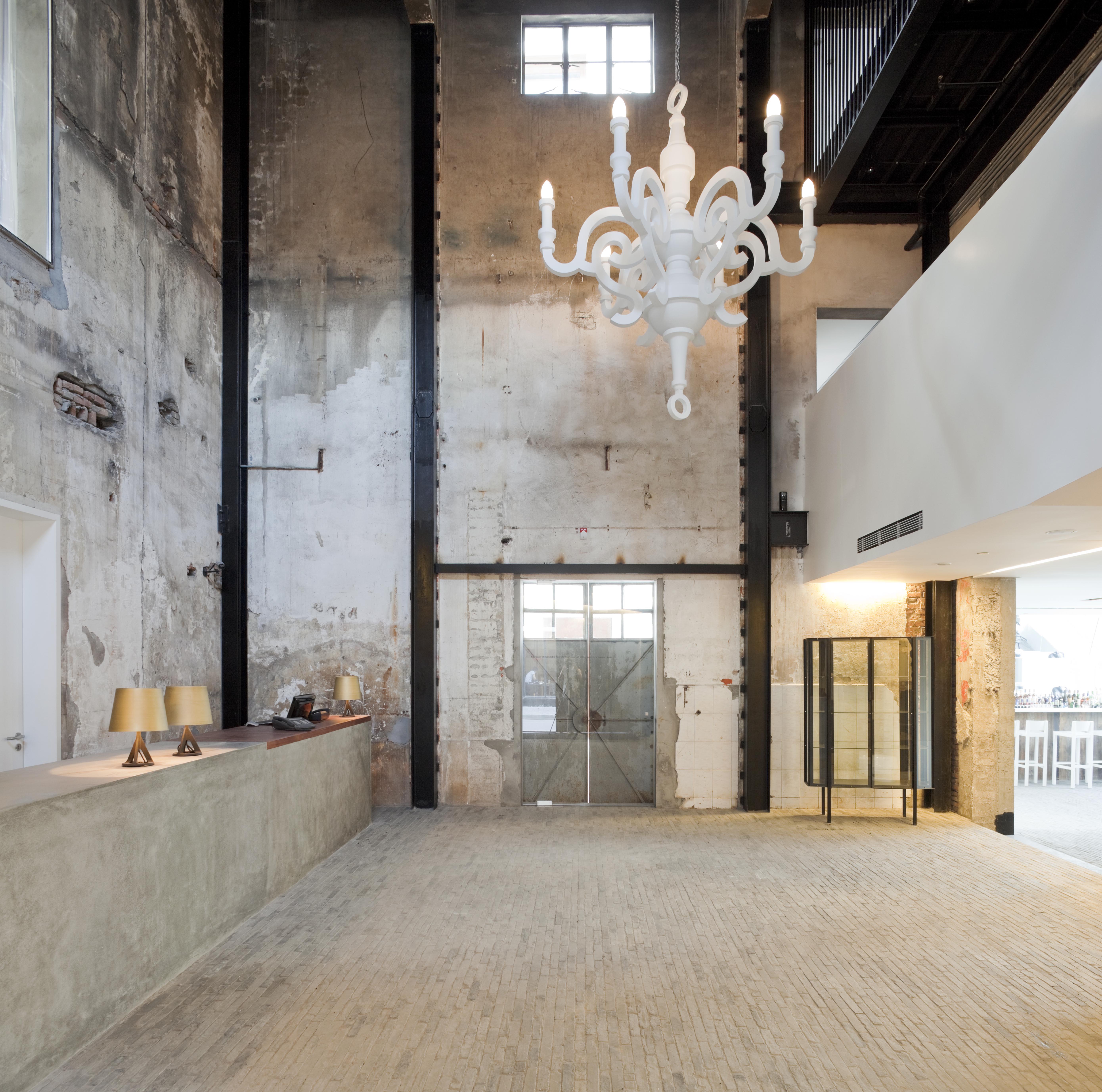
The lobby of The Waterhouse at South Bund.
A more recent project, The Walled – Tsingpu Yangzhou Retreat (2018), is situated in Yangzhou and is modelled after a walled city, a local typology. ‘We recycled bricks from demolished buildings in neighbouring areas to build this hotel,’ Neri explains. The reclaimed walls, which merge tradition with modern architectural language, ‘became the guiding force that pulls the whole project together.’ (this project was more quickly embraced, earning a spot on the Best New Hotel shortlist in this year’s Wallpaper* Design Awards).
Wallpaper* Newsletter
Receive our daily digest of inspiration, escapism and design stories from around the world direct to your inbox.
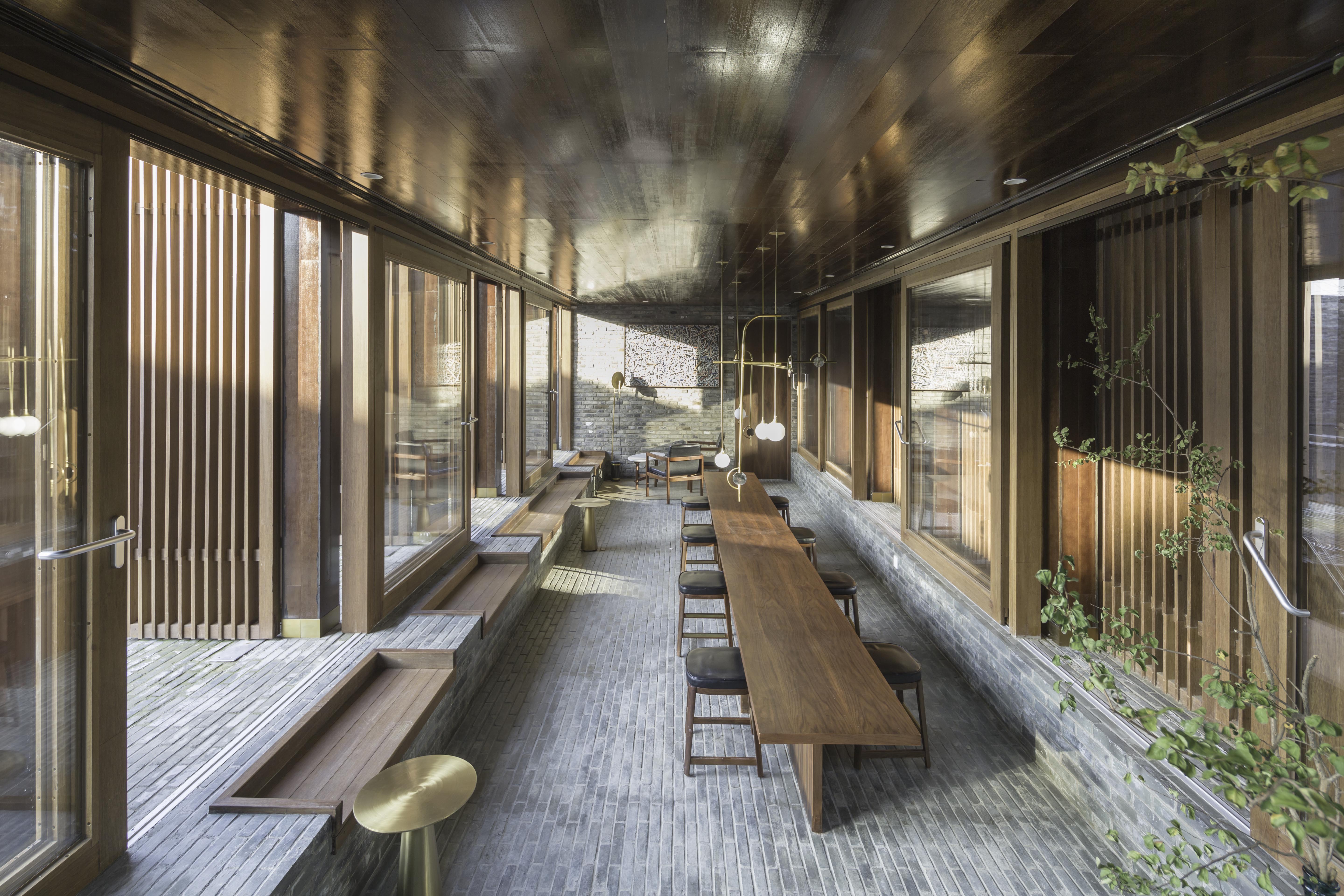
Inside the lobby of the Tsingpu Yangzhou Retreat.
Having cemented their reputation as one of China’s foremost architecture and design practices, Neri & Hu received 400 project requests last year (of which they only accepted 15). ‘We really have to think through the process, whether we can do them and do them well,’ he explains. With ongoing international projects in London, Porto, Stockholm and Cologne, Neri notes that a strong grasp of context is particularly important to foreign architects. ‘We always send a team over to understand the places in which we are practising, to learn about the weather, living conditions, the way people move in and out buildings,’ he says.
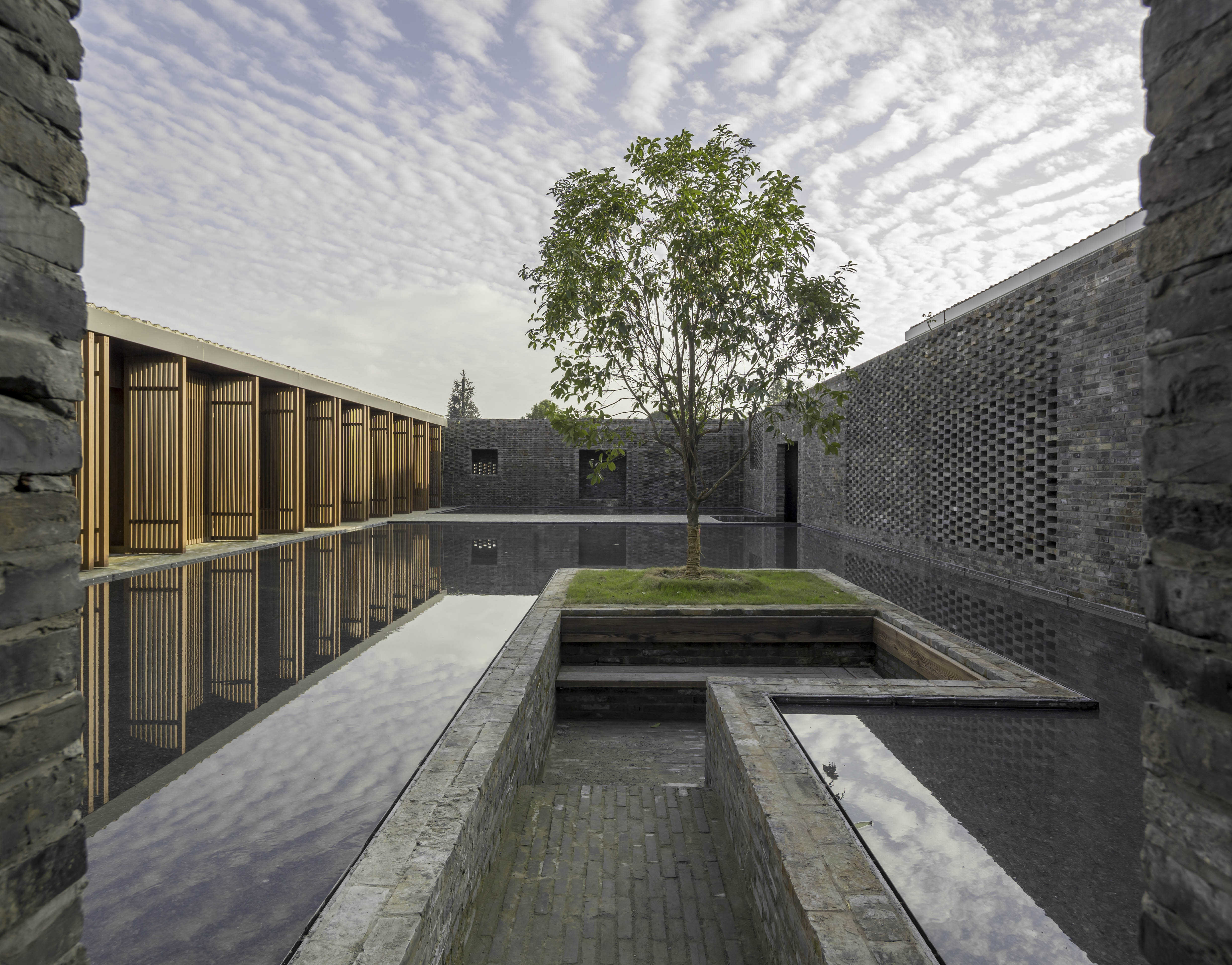
Exterior courtyard of the Tsingpu Yangzhou Retreat.
He also notes that Neri & Hu’s holistic design approach, which extends to product and graphic design as well as urban planning, has been essential to the practice’s success. ‘The idea [of a Gesamtkunstwerk] is nothing new – they did in the Renaissance, then again during the Bauhaus movement. But for us it’s also a matter of survival. With clients that want everything done in ten days, or yesterday, multidisciplinary design bides us time and give us control. We find it liberating.’
Neri concludes by urging the audience to expand their notions of sustainability beyond materials and material culture. ‘Sustainability is also about learning from the older generation. Younger generations tend to think they have to keep looking forward, and go faster and faster,’ he observes. ‘They forget their grandparents’ and parents’ wisdom. Which is why we talk about reflective nostalgia. It’s important not to forget about the past. We shouldn’t copy or monumentalise things, but we need to wistfully understand the lessons of history as we move ahead.’
TF Chan is a former editor of Wallpaper* (2020-23), where he was responsible for the monthly print magazine, planning, commissioning, editing and writing long-lead content across all pillars. He also played a leading role in multi-channel editorial franchises, such as Wallpaper’s annual Design Awards, Guest Editor takeovers and Next Generation series. He aims to create world-class, visually-driven content while championing diversity, international representation and social impact. TF joined Wallpaper* as an intern in January 2013, and served as its commissioning editor from 2017-20, winning a 30 under 30 New Talent Award from the Professional Publishers’ Association. Born and raised in Hong Kong, he holds an undergraduate degree in history from Princeton University.
-
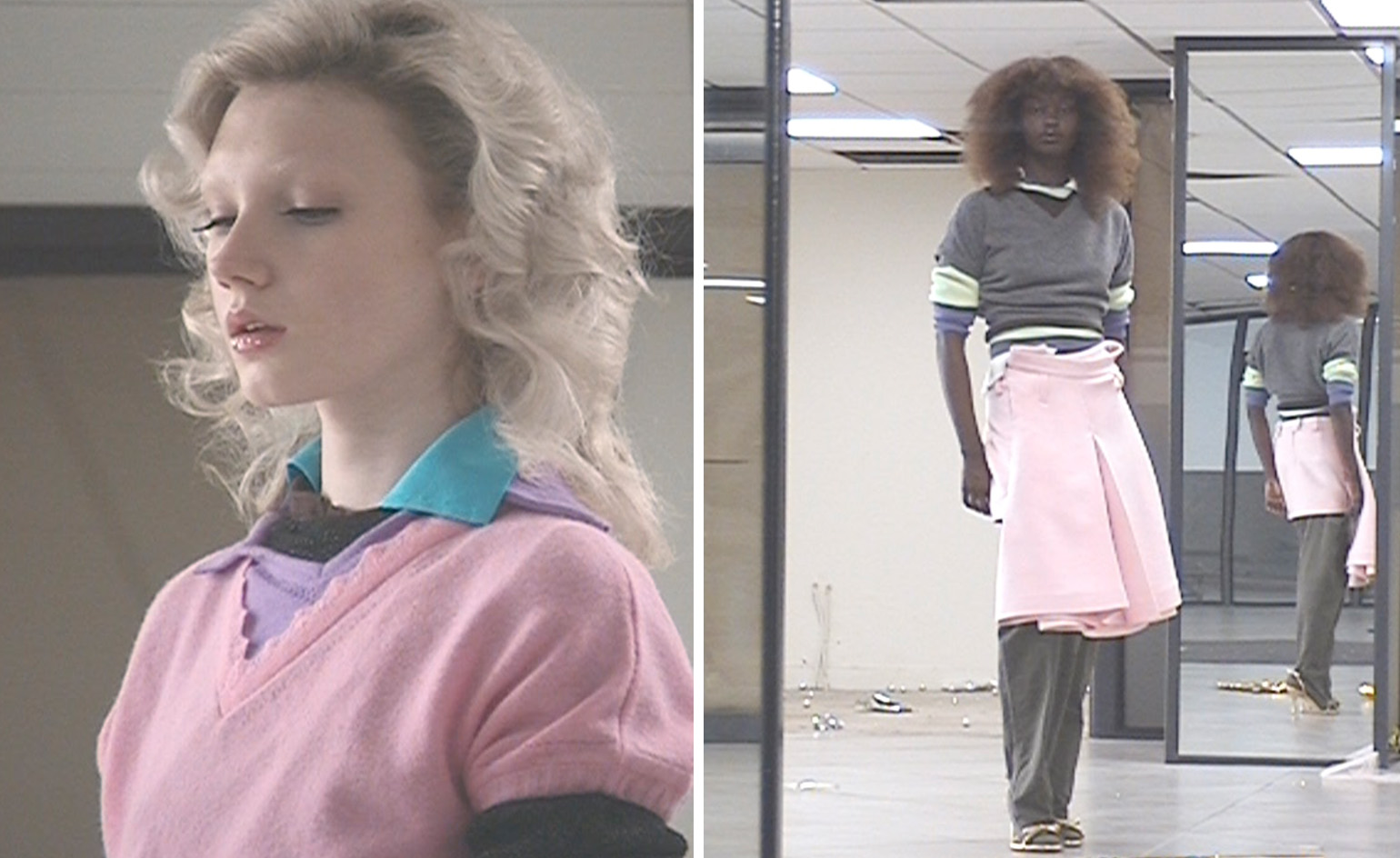 All-In is the Paris-based label making full-force fashion for main character dressing
All-In is the Paris-based label making full-force fashion for main character dressingPart of our monthly Uprising series, Wallpaper* meets Benjamin Barron and Bror August Vestbø of All-In, the LVMH Prize-nominated label which bases its collections on a riotous cast of characters – real and imagined
By Orla Brennan
-
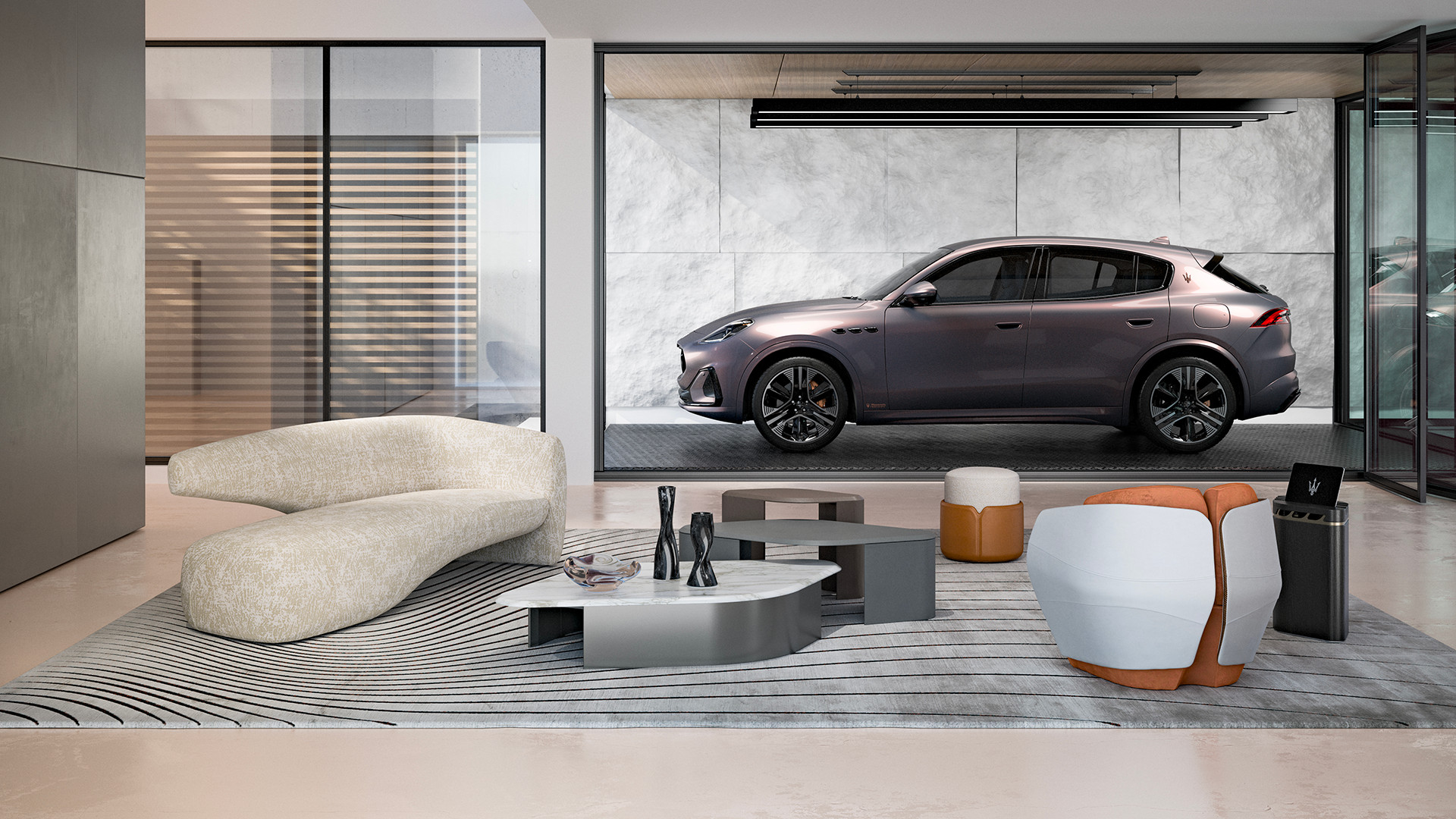 Maserati joins forces with Giorgetti for a turbo-charged relationship
Maserati joins forces with Giorgetti for a turbo-charged relationshipAnnouncing their marriage during Milan Design Week, the brands unveiled a collection, a car and a long term commitment
By Hugo Macdonald
-
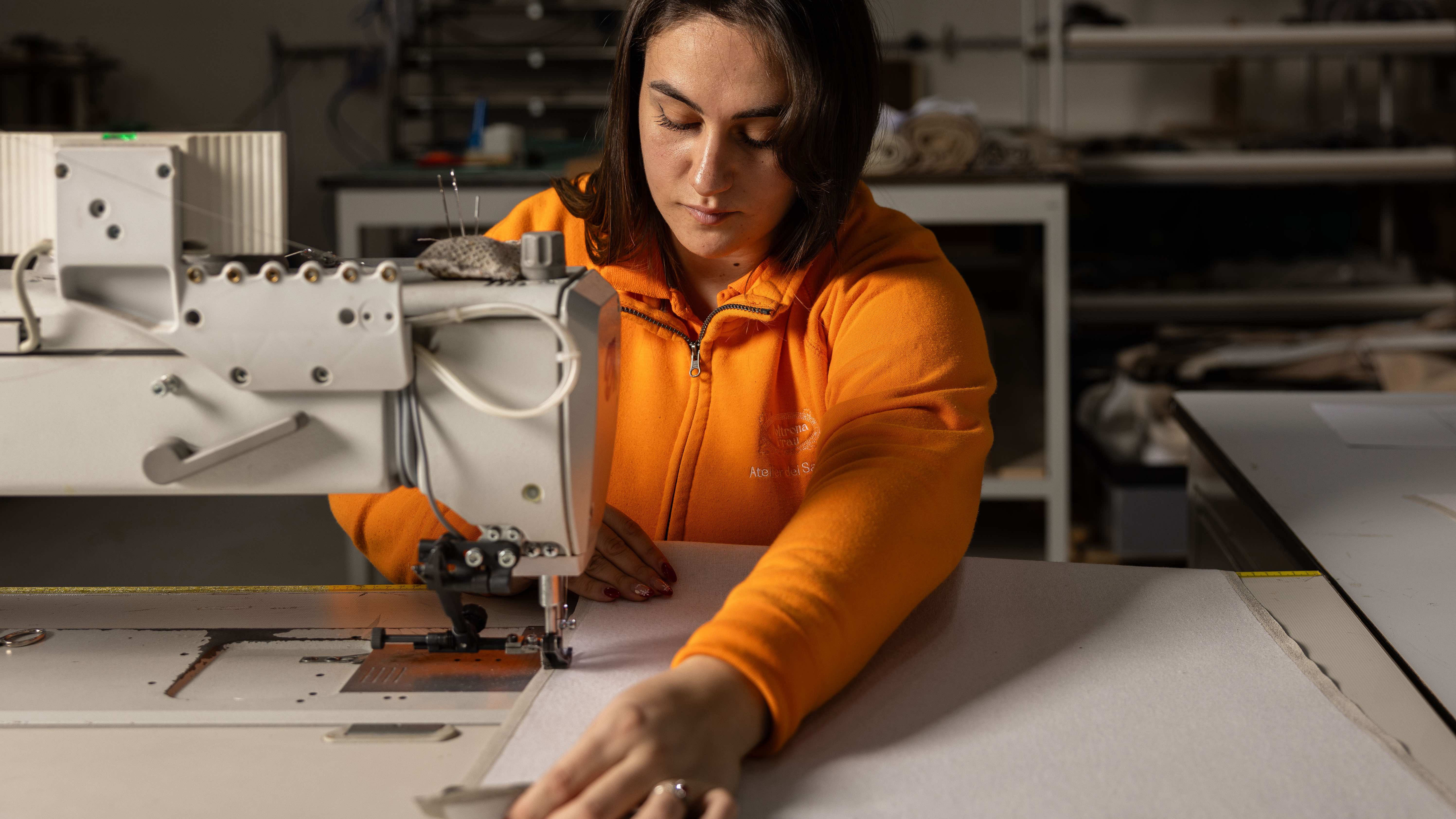 Through an innovative new training program, Poltrona Frau aims to safeguard Italian craft
Through an innovative new training program, Poltrona Frau aims to safeguard Italian craftThe heritage furniture manufacturer is training a new generation of leather artisans
By Cristina Kiran Piotti